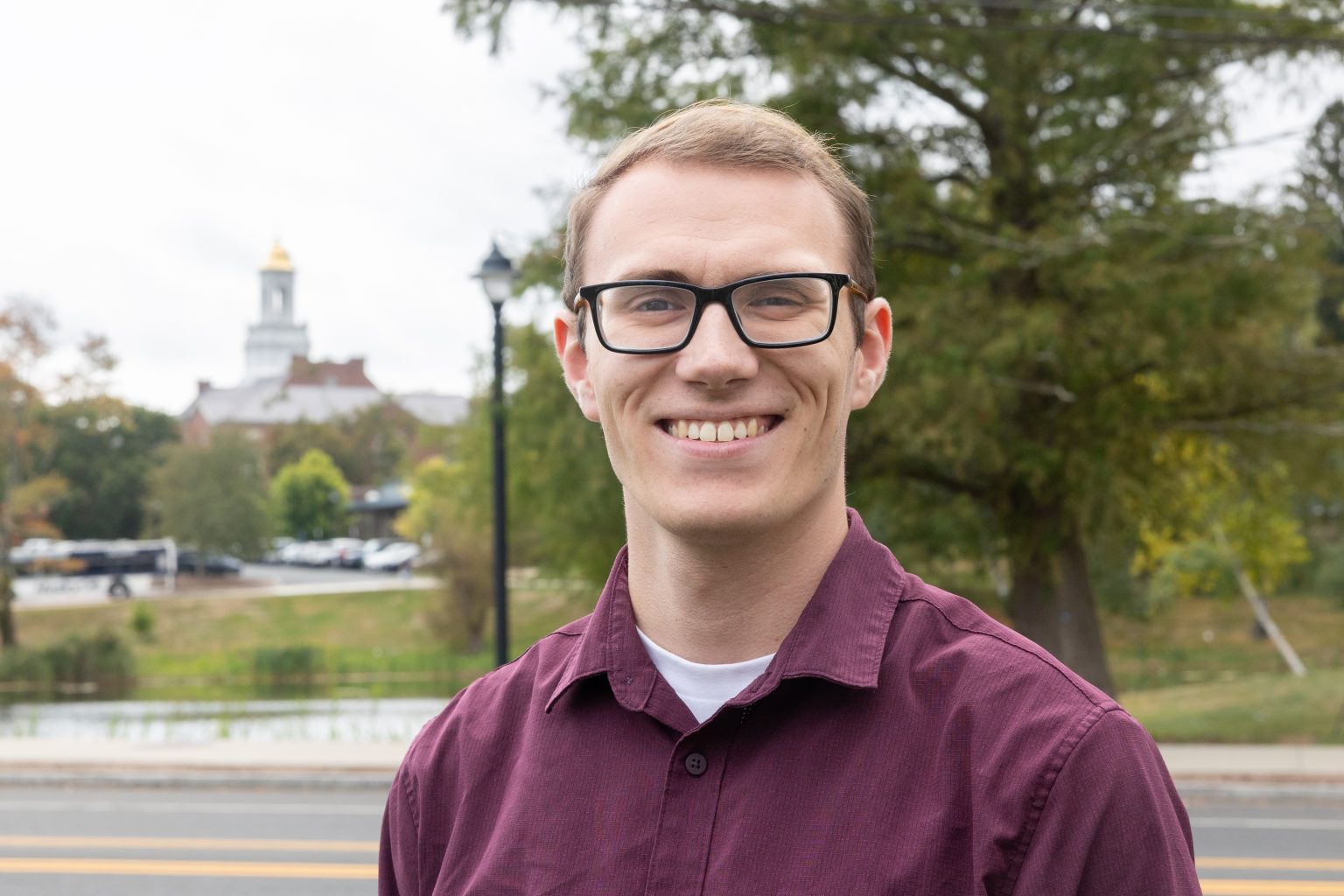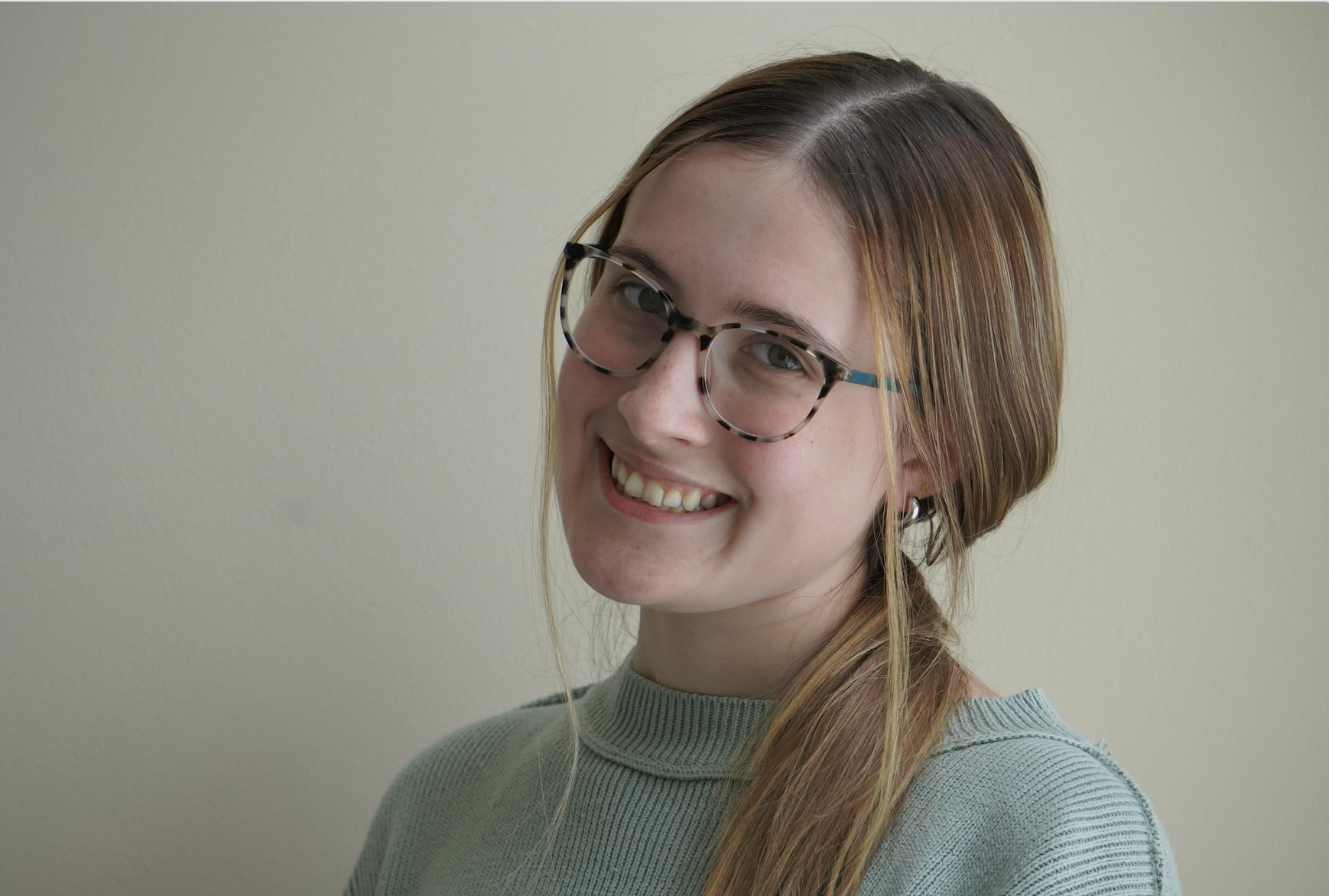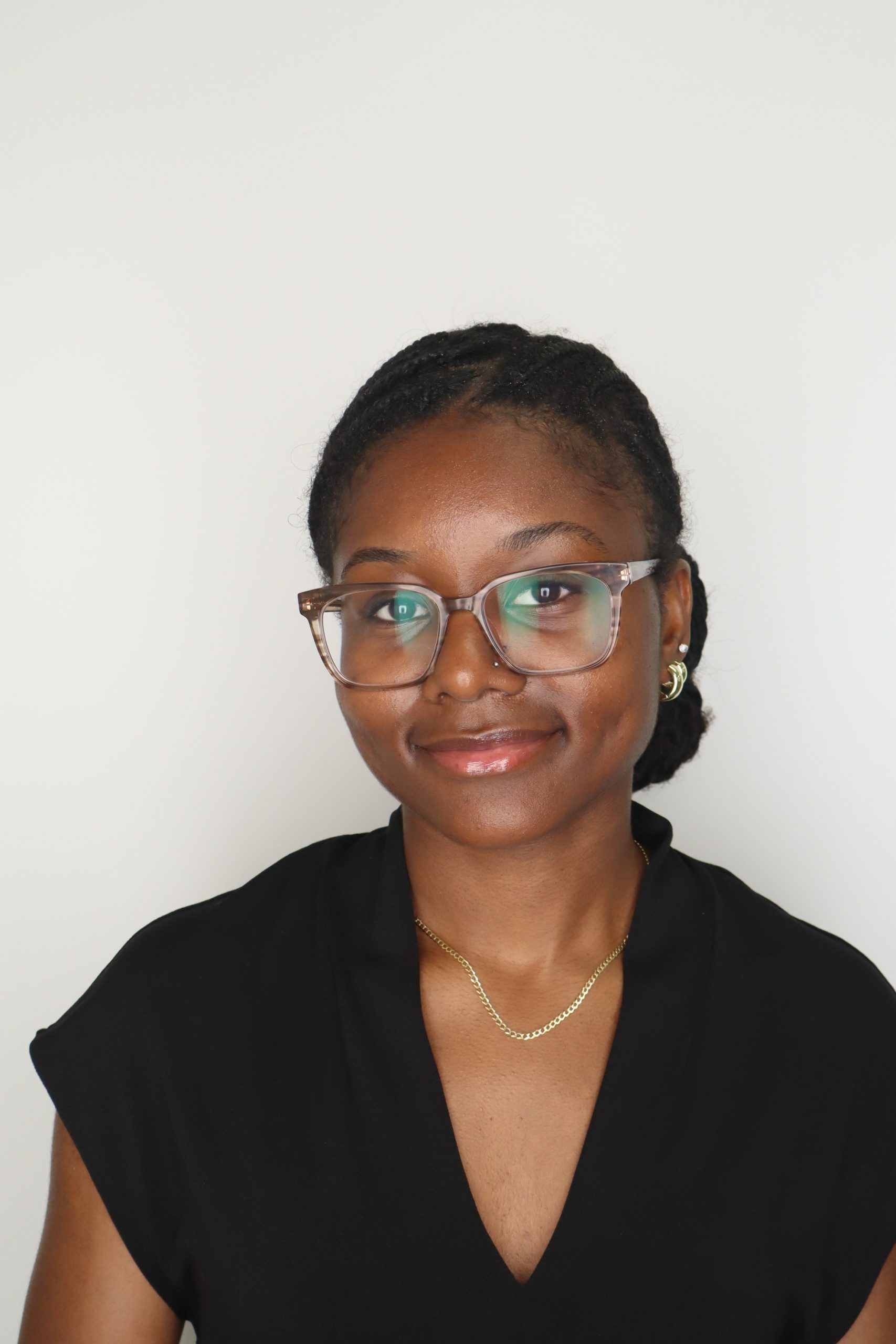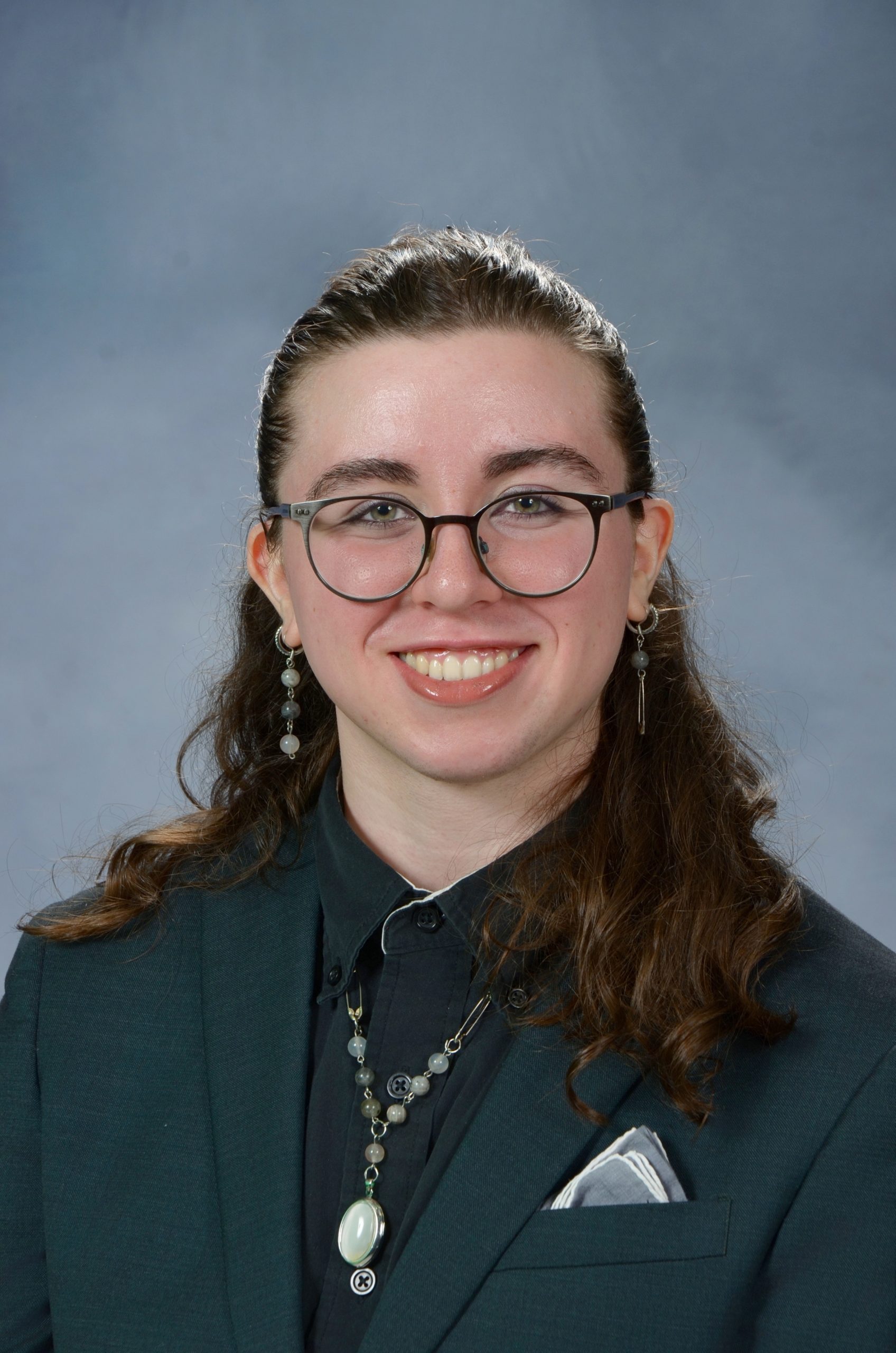Krimerman Community Service Grants Awardees
Meet the first cohort of Krimerman Community Service Grants awardees. These student-led projects reflect the program’s mission by centering self-directed work on community engagement, collaborative knowledge-building, and civic advocacy. Ultimately, these projects advance Professor Krimerman’s legacy by empowering students to work collaboratively with a community to address a pressing public need.
Bryce Turner ’26
Major: Anthropology and Molecular and Cellular Biology
Bryce independently designed a project that examines the impact of Windham Hospital’s closure of its Labor & Delivery unit on maternal healthcare access and community trust in Willimantic. The project begins with Bryce’s developing research questions, interview guide, and recruitment strategy. Utilizing ethnographic oral history methods, the student will conduct 16–20 in-depth interviews with four key groups: Willimantic residents affected by the closure, healthcare providers at Windham and Backus Hospitals, Connecticut state officials, and community organizers leading local advocacy efforts. These interviews will be conducted in close collaboration with community partners who have helped shape the project’s scope and priorities. All participants will have the opportunity to review and shape the presentation of findings, ensuring reciprocal learning and mutual benefit.
This work involves direct community engagement—the student will be in conversation with residents, organizers, and healthcare workers—as well as indirect engagement through the creation of evidence-based materials that clarify care gaps and inform public discussions. The project also involves a civic engagement component, as findings will support ongoing community advocacy for the restoration of maternal healthcare access in Willimantic.
Project Mentor: Sarah A. Williams, Assistant Professor of Anthropology, Department of Anthropology

Charli Hughes ’28
Major: Computer Science and Molecular and Cellular Biology
Charli partnered with the Covenant Soup Kitchen to address transportation insecurity among unhoused and housing-insecure residents of the greater Willimantic area. By distributing 250 one-day and 75 seven-day bus passes, the project aims to reduce barriers to healthcare access, employment opportunities, and court obligations—three areas where missed appointments can deepen cycles of instability.
The project combines immediate assistance with long-term capacity-building, reflecting the program’s emphasis on both direct service and sustainable community impact. Charli, a volunteer at the Covenant Soup Kitchen, collaborated closely with the staff to co-design the project. Over several months, they jointly developed a model that integrates bus pass distribution with brief, accessible pre- and post-surveys to assess needs and measure impact. These tools—fully designed by the student with community input—will generate an expected > 400 data points, providing the Covenant Soup Kitchen with valuable insight to guide future programming and improve existing services.
In addition to direct engagement at mealtimes, the project includes an indirect civic contribution through the creation of multilingual, visually accessible digital literacy guides. These resources will help patrons navigate essential tasks such as checking court dates, applying for benefits, managing healthcare forms, and searching for jobs. By introducing these tools during bi-weekly meals and gathering feedback, the student supports the development of Covenant’s emerging resource center while promoting autonomy, privacy, and dignity for guests.
Project Mentor: Nathaniel Rickles, Professor of Pharmacy Practice, School of Pharmacy

Nayatie Gabriel ’28
Major: Individualized major – Equitable Health Policy
Nayatie’s project, in collaboration with the staff at the Keney Park Sustainability Project (KPSP), proposes an Earth Day Celebration designed to promote environmental justice, strengthen community wellness, and cultivate student leadership.
The Earth Day Celebration will take place during the weekend of Earth Day at KPSP, a longstanding UConn community partner and a vital resource for residents of Hartford’s North End. This will include hands-on service activities—including trash removal, tree and flower planting, and a cooking demonstration on nutrition using locally sourced foods. The day will conclude with community-building field day activities that celebrate unity and collective empowerment.
KPSP plays a crucial role in addressing environmental racism by maintaining green spaces, offering nutrition and sustainability education, and supporting residents who experience elevated health risks due to pollution and limited access to safe outdoor areas. Through this partnership, Nayatie will directly contribute to park readiness for the summer season, alleviating KPSP staff’s burden and enabling them to focus on specialized maintenance needs.
This initiative, spanning more than a single day, introduces Nayatie to the principles of environmental justice, sustainable practices, and civic responsibility. By helping to preserve a community space that many rely on for physical and mental well-being, the project strengthens KPSP’s mission while offering meaningful, transferable leadership skills.
Project Mentor: Chinenye Anyanwu, Assistant Clinical Professor, Department of Pharmacy Practice

Sam Arevalo-Hoefer ’26
Major: Anthropology and Spanish
Sam’s project is part of an Anthropology Honors Thesis. This project examines how shifting state and federal policies have shaped the lives of Latin American immigrants in Connecticut. Through a combination of archival research, policy analysis, and oral history interviews, the project aims to create a community-centered narrative that amplifies underrepresented voices and enhances public understanding of immigration experiences in the state. Working in partnership with Hartford Deportation Defense (HDD)—a grassroots, immigrant-serving organization—Sam will conduct a series of confidential oral history interviews with members of the Latin American community. HDD plays an essential role in identifying and connecting potential participants, and interviewees will actively shape the project by sharing their lived experiences and guiding the research’s thematic direction.
Beyond the written thesis, the project includes an applied, community-facing component aligned with Krimerman’s legacy of civic action and accessible knowledge creation. Drawing inspiration from the long tradition of visual media—such as printmaking—in Latin American resistance movements, Sam will design a physical or digital visual product (such as a pamphlet or zine) that interweaves oral histories, policy explanations, and original illustrations. This medium is intended to make the material widely accessible to community members, deepen public empathy, and support grassroots knowledge-sharing across generations.
Project Mentor: Joshua Mayer, Assistant Professor, Anthropology and Social & Critical Inquiry, Department of Anthropology
